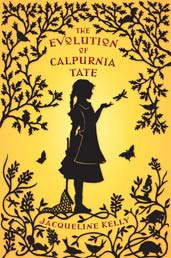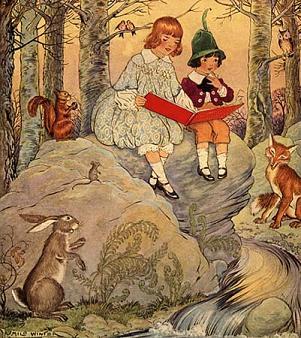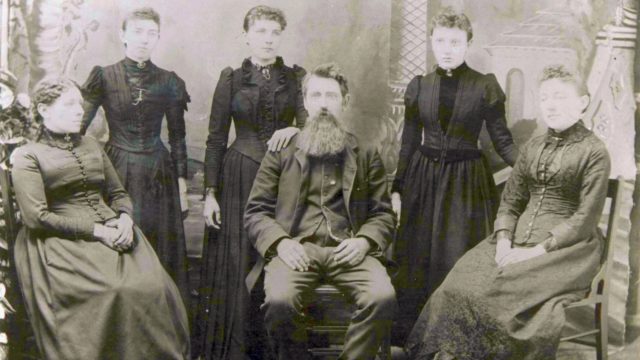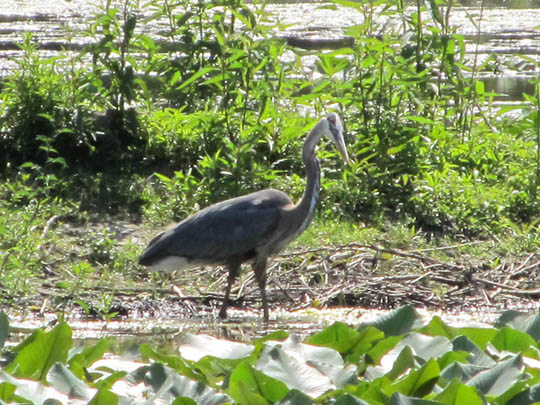The Evolution of Calpurnia Tate
What would you do if you were an 11-year-old girl with a passion for science around the turn of the century? What if you wanted to read The Origin of Species, but the only science book readily available to you was The Science of Housewifery? What if you had to learn to knit socks for your six brothers, when all you really wanted to do was explore the woods and streams around your Texas home, armed with a keen eye for observation and a notebook?
Enter Calpurnia Tate, for whom the summer of 1899 marks some important struggles and discoveries: her femininity, the societal limitations on the expected path for her future life, and, most significantly, her grandfather.
Captain Tate is a Civil War veteran, the founder of the cotton gin Calpurnia’s moderately prosperous father now runs. It turns out that he is also an accomplished naturalist, reserved and somewhat mysterious to Callie and her six brothers. But when he learns that The Origin of Species is unavailable to her, he produces his own leatherbound copy. So begins a friendship between him and his only granddaughter that leads eventually to a real scientific achievement.
Darwin’s Origin of Species figures into the tale in several ways. One is in the plot, of course; it represents cutting-edge science, and is part and parcel of the uncritical enthusiasm for progress that characterizes both Captain Tate and the turn of the century generally. The automobile and the telephone are received as marvels over the course of the story, and part of the optimism of the conclusion comes from the overall feeling that humanity is on the rise. The chapter headings are taken from The Origin of Species as well, where they serve as an organizational principle and metaphor for Calpurnia’s own development (”evolution”) in these pages.
The conclusion felt a little sudden, and not quite complete. But we’re left with a sense of hope that Calpurnia won’t be forced permanently into the uncongenial mold she fears. She’s a unique species, one who inspires instinctive liking and sympathy. (Her narrative voice reminded me a little of Leif Enger.) I hope things turn out well for her, and I hope she’ll return to tell us more of her story.
It’s a rare thing for me to read a book in the same year it’s published. Usually I’m at least two years late. The Evolution of Calpurnia Tate is Jacqueline Kelly’s first novel, published in April of this year. You can read more about both book and author here. Written with wit and flair, this story is one I look forward to introducing to my daughters when they’re around the age of the heroine. Maybe by then, we’ll even have a sequel.



